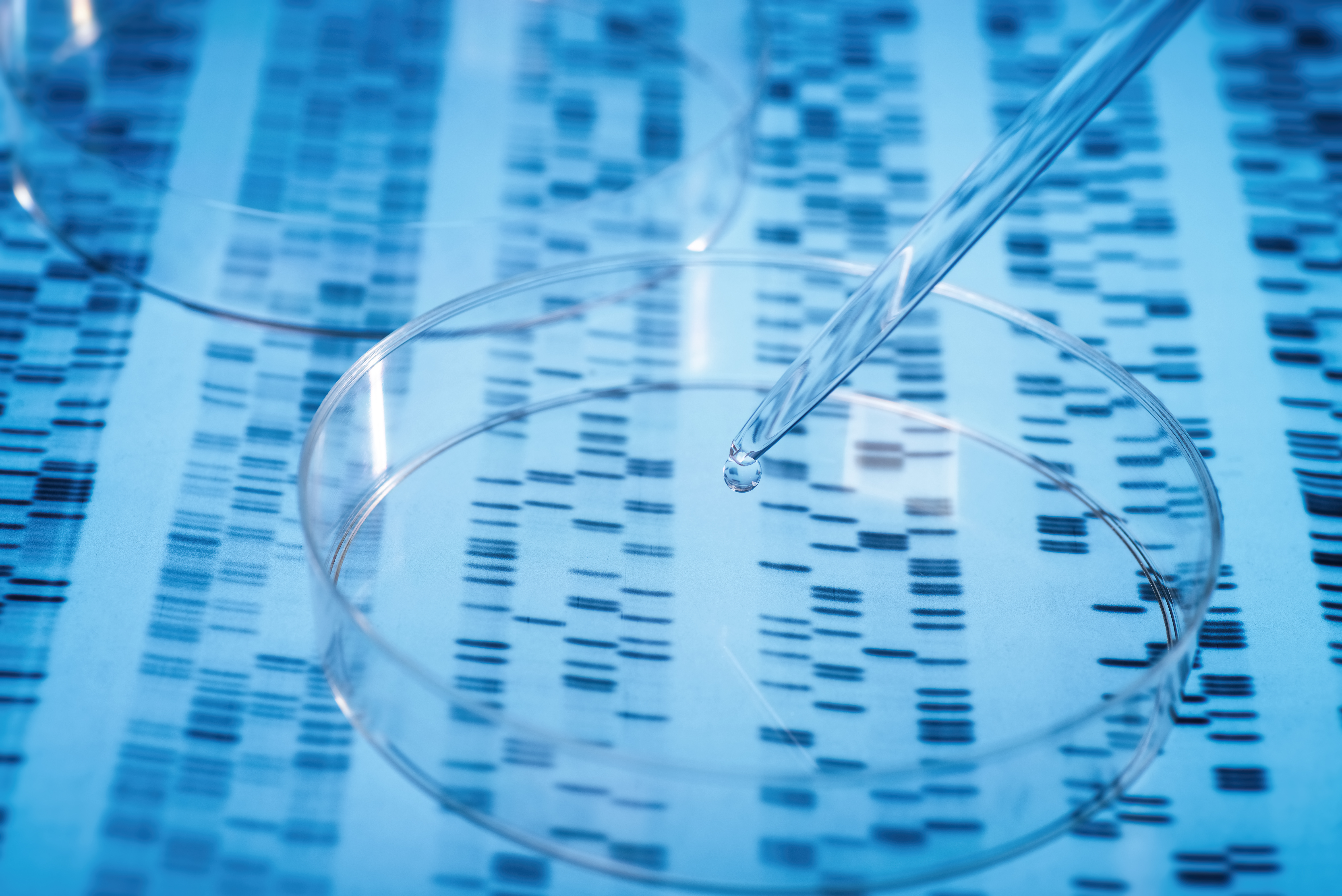Research theme: Cell Biology and Genetics
Genetics and Cell Biology are central topics for translational and fundamental research and for clinical innovation at Maastricht UMC+.
The research has a central role in:
-
Innovating the field of personalized diagnostics.
-
Providing an improvement in identifying and understanding personalized factors and mechanisms underlying individual risk for developing mental ill-health and mental and neurodegenerative disorders.
-
Forming an academic engine to improve treatment and preventative strategies in a personalized manner.
The state-of-the art facilities at the school for Mental Health and Neuroscience and across its divisions, departments and affiliated institutes allow us to innovate and make use of the top-notch facilities and expertise:
-
Genetic analyses including (single cell) sequencing methodology.
-
Experimental neuroscience, molecular epidemiology and system biology approaches including genomics, pharmacology, epigenomics, immunological mediators e.g. antibodies. transcriptomics, proteomics, lipidomics and metabolomics, using liquid biopsies (circulating, bound and exosome-based molecules), (in vivo) brain biopsies and post-mortem brain analyses from unprecedented human cohorts.
-
Experimental systems including:
- In vivo animal models with a wide behavioral and physiological testing site enabling deep phenotyping in animals (rodents, sheep, and zebrafish).
- In vitro human cell models (incl. inducible pluripotent stem cell technologies, cell-type specific immunological profiling, modelling blood-brain barrier, brain-on-a-chip, and ex vivo human neuronal cells from brain-biopsies), and
- In silico models (using computational modelling, system biology analyses and machine learning).
The research team comprise over 90 PhD students and staff members from a wide range of departments.
Research Focus
Our research is closely aligned with the clinical research themes of MHeNS. We have active research projects related to all our clinical pillars, with a particular track record in:
-
Mono-/oligogenic variants in neurology(e.g. epilepsy), pain medicine (small fiber neuropathy) and psychiatry (e.g. 22q1.1 del syndrome).
-
Polygenic and epigenetic contribution on psychosis, Alzheimer’s disease, post-traumatic stress disorder, and chronic pain.
-
Experimental neuro-psychopharmacology of depression, anxiety and cognition
in psychiatry
-
Auto-immunity and immunological disturbances in neurological and psychiatric disorders.
preclinical evaluation of novel treatment strategies for autoimmune disorders of the central nervous system.
-
Genetic moderation and biological mediation of sensitivity to environmental risk (trauma, hypoxia, cannabis) factors in psychiatry.
-
Blood-barrier dysfunction in neurodegenerative disorders.
genetics of treatment response (e.g. pharmacogenetics in psychiatry).
-
Genetic imaging.
-
Lipid changes associated to neurodegenerative diseases and treatments targeting lipids.
Research and Impact
The work of our researchers is embedded in national and international efforts to:
- Improve fundamental knowledge of factors and mechanisms underlying onset and course of illness.
- Increase fundamental knowledge on basis mechanism underlying brain function and dysfunction, and
- Improve the translation cycle from bed to bench, and vice versa from bench to bed.
- Improve and maintain well-being of patients and individuals at risk.
- Improve personalized medicine in relation to prevention, prediction, diagnosis and treatment.

Crossroads and Research Activities
Explore our crossroads in this research theme:
- Cognition and Dementia
- Epilepsy
- Movement
- Stroke
- Hearing and Balance
- Vision and Ophthalmology
- Autonomic Control
- Mood, Anxiety and Trauma
- Psychosis and Neurodevelopment
- Eating Disorders
- Pain
